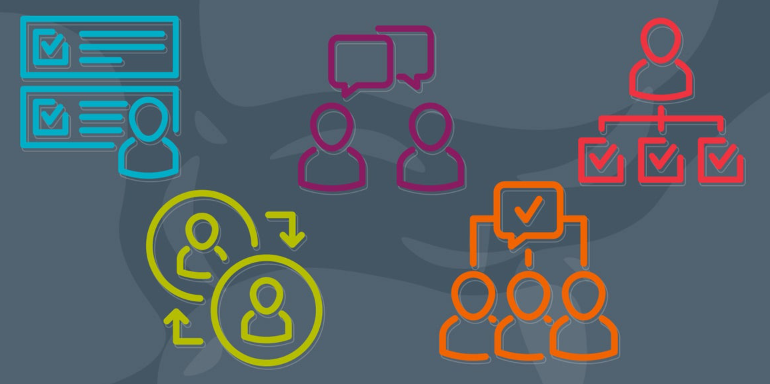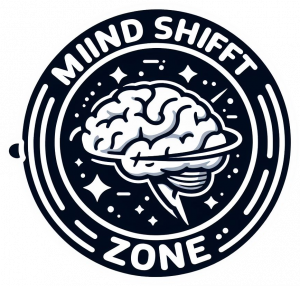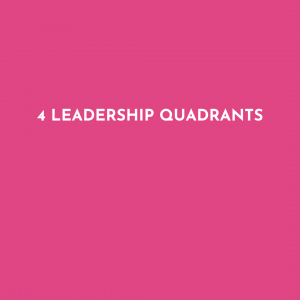To those who haven’t experienced professional coaching, it can be difficult to understand exactly what the process involves or how it translates into improved performance.
According to the Institute of Coaching, 80% of people who receive coaching report increased self-confidence, and over 70% see improvements to their work performance, relationships and communication skills.
But this only tells us the potential benefits of effective coaching, not what it looks like in practice.
So in this article, we’re going to explore how coaching actually works – based on the specific experiences of some of our industry-leading executive coaches.
No two people are the same
The most important thing to understand about coaching is it is not simply ‘one thing’. Every coach has a different set of skills and training background, and every coachee requires a different approach – based on their specific needs, situation and temperament.
Coaches will generally begin a programme by assessing this – figuring out exactly what it is their client requires and how best to structure sessions in order to benefit them.
This is part of why coaching is so much more effective than other Learning and Development approaches: it is based on a direct, personal relationship between two individuals.
Coaching changes how you are, not who you are
“Coaching isn’t about changing people,” explains Katie da Gama, “it’s about understanding who the person is. What do they stand for? What are their values? And what steps can they take to enhance or improve, without losing who they are.”
She relates a story of one of her recent coaches – a female lawyer who felt she hadn’t been listened to as much as her colleagues. Rather than simply training her to speak up, Katie brought attention to the factors that were creating that situation.
The woman was a naturally quiet person, who didn’t feel comfortable speaking up or offering her opinion. Katie’s approach was to create a confidential space where the woman could simply talk through her feelings about this without judgment.
This gave her room to gain a greater understanding of the challenge and what specific things about speaking created difficulties for her. From there, Katie was able to guide her through some incremental steps that would gradually push the boundaries of what she was comfortable doing.
Eventually, the woman was able to become more assertive without changing who she was or feeling there was something ‘wrong’ with how she was before.
Building skills that last
In terms of helping her clients develop specific skills, coaches often approach things very differently.
Jo Riches, for example, sees her role as a blend between coach and mentor. “The first thing I do is try to understand all the behaviours that relate to the skill my client is trying to work on,” she says. “Why does she lack confidence? Where is that coming from?”
That understanding allows her to work on an approach the client can use in a practical situation. By connecting specific actions with underlying psychology and motivation, the change is more likely to last.
“It’s always important to seek permission from the client, though,” Jo explains. “Coaching is about helping somebody to unleash their own answers. And through that process, we slowly develop things like frameworks and behaviour models they can use.”
Conclusion: effective coaching brings out the best in you
At Upskill Coach, our coaches cover a broad range of specialisms – so to describe a single practice will never do justice to the reality of coaching.
What unites all of our coaches’ approaches, however, is the critical importance self-awareness plays. “As people deepen their self-awareness, they have more choice as to how they behave and how they impact others,”.
Ultimately then, truly effective coaching is not about any specific formula or technique – it’s about giving individual coachees greater control over their own lives











